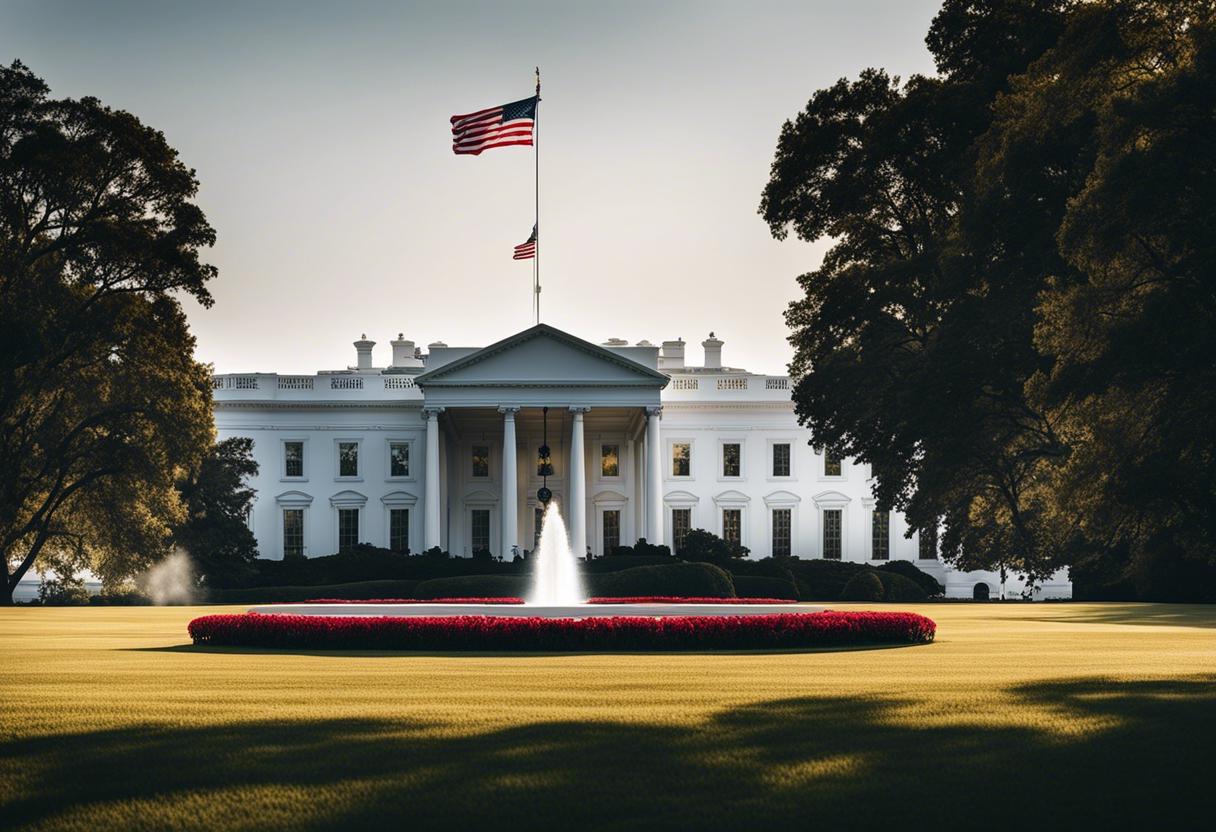Joe Biden has three constants attached to him: His Secret Service watchmen, his own silhouette, and this expression “…since Lyndon Johnson”. Often referenced as the most influential Democratic leader since Lyndon Johnson, it’s said that Biden enacted the most significant growth of the federal government since that time. While this comparison seemingly pays homage to his achievements, it can be said to underestimate them.
Lyndon B Johnson, conversely, held great privileges when converting visions to legislation. Both the Senate and the House of Representatives were dominated ~2:1 by Democrats through a huge part of the 1960s. Having stepped into the shoes of the assassinated J F Kennedy, Johnson began his presidency under the nation’s benevolent gaze, being able to portray his changes as the continuation of Kennedy’s unfinished tasks. Biden didn’t have the advantage of a superior majority or the moral momentum. Yet, he passed several significant (and costly) legislations, the American Rescue Plan, Inflation Reduction Act and a massive infrastructure expenditure being part of his critically important legislative output.
What lessons can we extract from this exceedingly productive statesman? As his astonishingly bountiful term comes close to an end, what insights do we gather?
Above all, the gift of eloquence can sometimes be an exaggeration. Same holds for personal charm, visionary leadership and all other aspects of political ‘staging’. Even before the physical effects of age set in, Biden was never an outstanding orator. His political career spanning five decades has not produced any major speech or memorable phrase. However, his deep and intricate understanding of Washington – its unique complexities, its implicit rules – is unparalleled among all past presidents. This know-how has translated into a legacy in a single term that surpasses what great orators like Bill Clinton achieved in two.
Biden’s negotiation skills over the Ukraine was a case in point. Biden subtly exerted pressure on House Speaker Mike Johnson for weeks, sharing intelligence briefings but deliberately abstaining from putting him on the spot with voters or his Republican peers. Unlike his more vivacious predecessors, Biden grasped the value of maintaining face. He’s also proven to be a solid number cruncher.
Leadership cannot be wholly reliant on impressive presentations, as long as one is not so disastrous in this area to render themselves unelectable. Once that minor hurdle is cleared, being a superstar doesn’t always equal success. Looking at Britain’s history, it’s two primary postwar leaders, the reserved Clement Attlee and the unspectacularly eloquent Margaret Thatcher, showed that transformative leadership often operates behind the scenes. Qualities like stamina, persistence, and unwavering conviction, play a significant role there, particularly in politics.
It’s crucial for liberals, especially those from America, to take note of this. They tend to be somewhat elitist about education and eloquence. As an illustration, one can cite the idealised president they constructed in The West Wing: a highly articulate representative of the sophisticated American upper-class. Likewise, it required substantial time to rectify the overestimation of Kennedy’s smooth and articulate speech compared to Johnson’s plain style. Following this trend of valuing rhetoric, Barack Obama came across as liberals’ dream. Even his rhetoric, while not profound, was sufficient to overshadow any flaws within his administration, now seen through less rose-tinted glasses. The relationship between Biden and Obama mirrors that of Johnson and Kennedy.
Historically, the main responsibility of a leader, given that state had minimal functions outside of warfare, was primarily to motivate and inspire their people, hence the emphasis on rhetoric in classical education. However, with the government’s broadened welfare and economic involvement, laws’ mechanics became more paramount. However, our perceptions of leadership haven’t evolved accordingly; the educated politico-media class fawns over eloquence because they excel in it themselves.
This is not to say that I endorse Biden’s domestic policies. If he fails to secure re-election, the prime suspect would likely be inflation, seemingly fuelled by his expenditure. His protectionist policies also likely guarantee significant waste, disrupting the world trade infrastructure that enabled the US to form alliances post-war. Now, what can it offer countries that drift towards China’s sphere? Moreover, unlike Johnson’s durable legislation, Biden’s efforts might prove more transient in the face of America’s looming debt crisis which does not permit ongoing subsidies.
Despite this, there are other instances worth discussing which portray Biden’s adept political maneuvering. Acknowledge this proficiency, and just how it hinges minimally on speech. Should a “noteworthy” leader be one who brings about change, regardless of the outcome, then this is evidently a rule of stammering, speechless brilliance. -Copyright The Financial Times Limited 2024.

